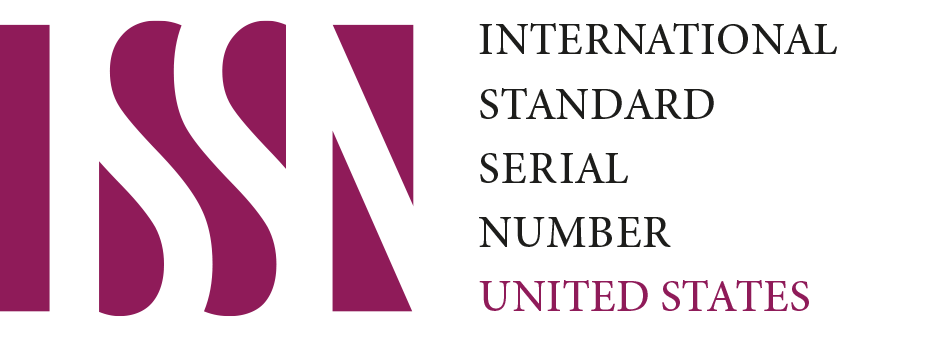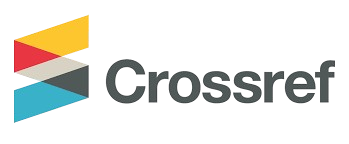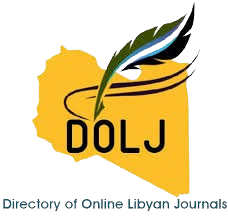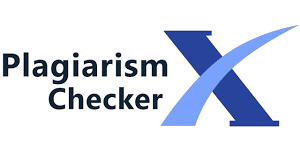Optimization of Dc - Dc Boost Converter Using Fuzzy Logic Controller
Keywords:
Boost converter, fuzzy logic controller, PID controller, MATLAB@SIMULINKAbstract
DC-DC converters are electronic devices used to change DC electrical power efficiently from one voltage level to another. Operation of the switching devices causes the inherently nonlinear characteristic of the DC-DC converters including one known as the Boost converter. Consequently, this converter requires a controller with a high degree of dynamic response. Proportional-Integral- Differential (PID) controllers have been usually applied to the converters because of their simplicity.
However, the main drawback of (PID) controller is unable to adapt and approach the best performance when applied to nonlinear system. It will suffer from dynamic response, produces overshoot, longer rise time and settling time which in turn will influence the output voltage regulation of the Boost converter. Therefore, the implementation of practical Fuzzy Logic controller (FLC) that will deal to the issue must be considered.
This study is based upon the Fuzzy logic controller (FLC) using voltage output as feedback for significantly improving the dynamic performance of boost dc-dc converter by using MATLAB Simulink software. The design and calculation of the components especially for the inductor has been done to ensure that the converter operates in continuous conduction mode. The evaluation of the output has been carried out and compared by software simulation using MATLAB software between the open loop and closed loop circuit. The simulation results have shown that voltage output is able to be control in steady state condition for DC-DC boost converter by using this methodology. Scope of this project is limited to only one type that is Triangle membership function








